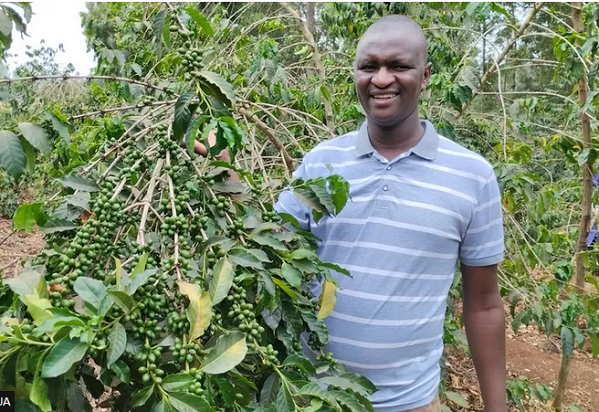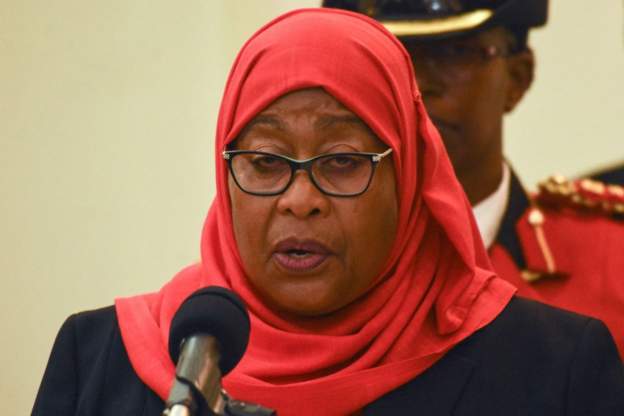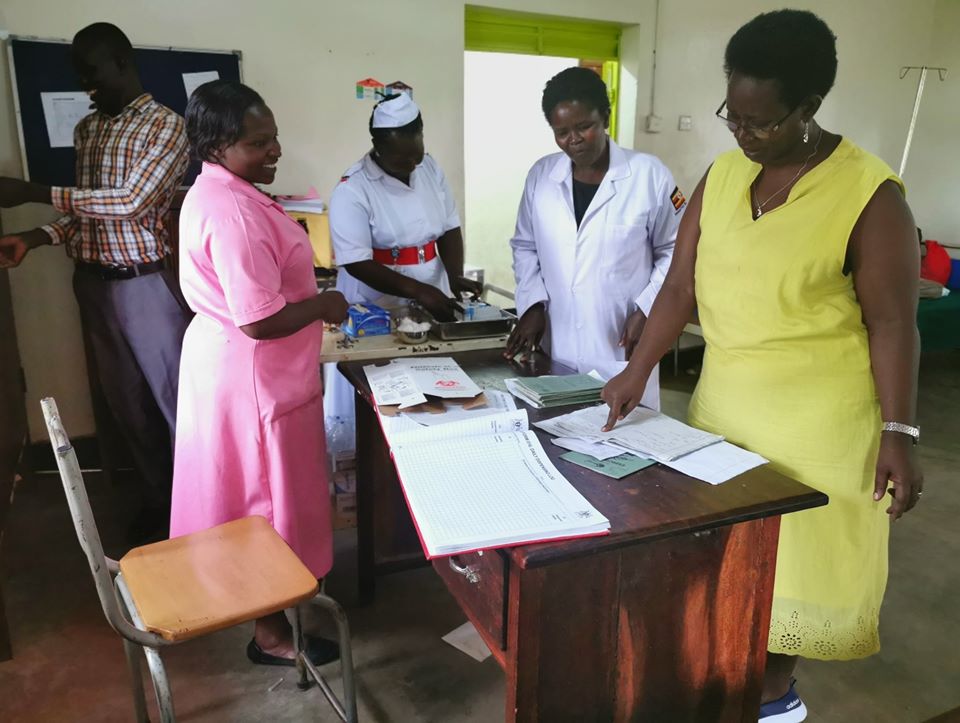The U.S. Chamber of Commerce unveiled its white paper, “Enabling Ecosystems: Fostering Environments that support agriculture development for smallholder farmers in Africa.
It offers actionable recommendations that can transform the lives of Africa’s smallholder farmers and explores how the private sector can be better utilized to increase the continent’s crop yields.
Kendra Gaither, President of the U.S. Chamber’s U.S.-Africa Business Center, said the time is now for global efforts to fulfill Africa’s agricultural promise and support the continent’s efforts to become a major breadbasket that can help meet worldwide food needs today and in the future.
The solutions explored in the white paper—including creative applications of blended financing, higher-quality inputs, mechanization strategies, leveraging digital farming technologies, and supply chain development—can achieve a positive chain reaction of increased employment, rising incomes, and better nutrition throughout all of Africa.”
The paper was unveiled at the U.S. Chamber-hosted Forum on Advancing the U.S.-Africa Commercial Partnership for a Prosperous Future.
The Forum marked one year since the 2022 U.S.-Africa Leaders’ Summit, and convened private sector leaders, U.S. government officials, and members of the African Diplomatic Corps to build on the Summit’s momentum and ensure that its commitments and partnerships continue yielding tangible outcomes.
The white paper will also inform a December 10 dialogue taking place at the 28th UN Climate Change Conference (COP28) in the United Arab Emirates, where the U.S. Chamber is leading the largest-ever U.S. business delegation to the annual conference.
In his virtual address to the Forum, Dr. Akinwumi A. Adesina, President of the African Development Bank, said the white paper is well-aligned with the African Development Bank’s Feed Africa strategy and directly addresses the priorities expressed by African Heads of State during the Dakar 2 Summit.
At the Summit, African Heads of State called for greater focus in key areas, like blended finance, digital platforms and emerging AI technologies, mechanized solutions, streamlined policy, and investment into supply chains, corridors, and African Continental Free Trade Area infrastructure.
“We at the Bank stand ready to partner with the U.S. Chamber of Commerce’s U.S.-Africa Business Center and its members to assist countries across the continent to realize their agricultural ambitions.” said Adesina.
There is considerable cause for optimism about the future of farming and agricultural production in Africa. However, recent challenges—including global conflicts and climate pressures — threaten the reliance on food imports traditionally favored by many African nations.
It is hoped that sustainable agriculture development can help bolster global food security efforts while also yielding additional benefits to employment, national security, and intra-Africa agricultural trade.
By unpacking the major challenges and solutions to increasing food production, the paper aims to examine the potential of smallholder farming in Africa as major food producers for the continent, specifically in Sub-Saharan Africa (SSA), where needs are most acute.
The paper seeks to advance policy recommendations for consideration by U.S. and African governments that will create more opportunities for investments and partnerships with the private sector and multinational organizations.
It suggests Financing sustainable agriculture using blended financing efficiently and covering all stages of a program from conception to upkeep.
It further recommends adding micro-finance options and strengthening microfinance institutions (MFIs) to allow for the purchasing of equipment, fertilizers, knowledge transfers, and skills training, and increasing service providers for various initiatives.
Apart from financing, the paper suggests access to proper inputs, fuel, and fertilizers as one of the priorities especially prioritizing investments and implementation strategies for access to higher-quality inputs.
It also highlights Access to mechanized solutions, including training, parts, and services as one of the interventions by for example Zero-rating any duty or tax on the import of agriculture machinery parts and providing trade facilitation measures. Encouraging drip-irrigation systems in communities, funding and educating on water purification and reuse facilities.
Other issues in the paper include access to enabling technologies and technology infrastructure, including incorporating SMEs and mid-cap companies to bridge the gaps and access to off-takers, trade infrastructure, supply chains, and commodity markets.
Despite concerns over Africa’s food security, significant opportunity exists to improve small-scale farming for large-scale impact.
It is hoped that each of the systemic issues identified within smallholder farming practices can be solved for, allowing deepened, sustained engagement for African governments, the U.S. government, Multilateral Development Banks, NGOs, and the private sector.
“We hope that these recommendations serve as the basis for increased attention to smallholder farming in Africa and allow for a more sustainable future that will significantly increase livelihoods on the African continent and beyond” said Kendra Gaither.
-URN





